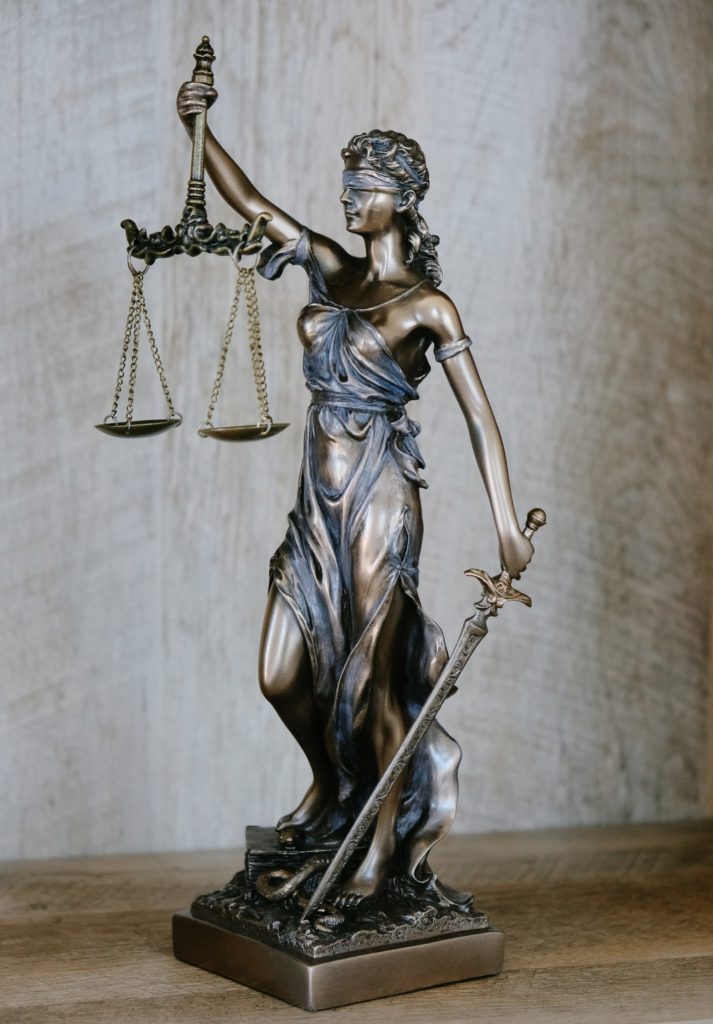While some industries are better known, such as the healthcare industry that focuses on treating and preventing healthcare issues, there are other, more obscure, sectors of the economy out there. All companies, regardless of how unique their practices may be, are required to comply with applicable business laws and industry regulations. Unique industries may have distinct legal concerns, such as the ones explored here.
1. Dietary Supplement Manufacturers

Personal injury attorneys, such as those with the WIN Injury Network, can provide those who have suffered a personal injury with a free consultation to discuss suing a supplement manufacturer if they believe they’re been harmed by a supplement they took. Your personal injury lawyer will gather the information needed to build a case and handle the legal filings while fighting for compensation. Supplement manufacturers can be sued for misrepresenting their products or selling supplements that harm consumers. In extreme cases, supplements have been linked to health issues such as cancer, organ damage, and cardiovascular disease.
Dietary supplement companies can also be sued by federal agencies. In 2020, the United States Federal Trade Commission (FTC) sued supplement companies that couldn’t substantiate health claims made about their products. Dietary supplement manufacturers can mitigate their liability by complying with the Food and Drug Administration (FDA) standards and using appropriate product descriptions that don’t make false medical claims.
2. Viatical Settlement Companies
Viatical settlements are available for life insurance policyholders with terminal illnesses. Google “viatical settlement example” to learn more about viatical settlement companies. A viatical settlement company will ensure you meet the qualifications for a viatical settlement, locate a buyer, and sell them your life insurance policy. Viatical settlements pay less than the policy’s death benefit but more than the policy’s cash surrender value. Viatical settlements also exceed the amount paid for life settlements, which is a settlement that can be pursued by individuals who aren’t terminally or chronically ill who wish to sell their life insurance policy. If you use a viatical settlement broker to arrange for the sale of a life insurance policy the buyer will be responsible for the monthly premiums, allowing you to reduce your monthly expenses while receiving a lump sum cash payout from the sale of your life insurance policy.
Viatical settlement companies have unique legal concerns. These companies must ensure that their clients qualify for the settlement before going through with the process. They must confirm that the seller owns the life insurance policy and that all policy payments are up to date, to avoid selling a terminated policy to a buyer. They must also ensure the seller knows that the buyer will become the beneficiary of the policy and that the death benefits will be paid in full to the buyer upon the original policyholder’s death.
3. Healthcare

The healthcare industry includes healthcare workers who provide medical care. Healthcare workers and healthcare facilities have unique legal concerns and must comply with state laws and federal laws. Medical care providers can be sued for medical malpractice. What criminal lawyers do in the case of a medical malpractice lawsuit involves defending people charged with crimes, and this can include healthcare professionals.
A prosecutor can opt to charge a nurse or doctor with criminal negligence or negligent homicide if someone has died or faces an injury due to medical treatment they received. It’s in the medical professional’s best interest to have legal counsel on hand in case of a criminal trial.
Healthcare attorneys advise healthcare facilities and employees about their legal risks and steps to reduce their liability and mitigate their risks. Healthcare lawyers can also prepare legal paperwork to clarify and reduce patients’ rights to protect facilities and staff from being sued or charged with a crime.
4. The Video Game Industry
Video games include games played on consoles, computers, and smartphones. Gaming companies produce video games, but the industry includes professional gamers paid to play video games online and streaming venues, such as Twitch.
Video games, gamers, and streaming venues must comply with the Digital Millennium Copyright Act (DMCA). Video games can’t include content they don’t have the legal right to use, such as music. Gamers who play copyrighted material online and the streaming platforms that host them can be charged, fined, and even incarcerated. Gamers and streaming venues can also be sued for inappropriate conduct or harassment. Video game companies, gamers, and streaming platforms must consult lawyers to ensure they comply with relevant copyright law and avoid other legal issues, such as failing to release a game or producing an addictive game.
Unique industries face unique legal challenges. Video game companies can be sued for copyright infringement or affecting their clienteles’ mental health, while healthcare workers are at risk of facing malpractice suits or criminal charges. Viatical settlement companies must take steps to ensure their clients qualify for a viatical settlement and are aware of the terms of the sale. Dietary supplement manufacturers must avoid making false claims and take steps to mitigate the risk of creating a product that has negative side-effects to avoid lawsuits from government agencies and clients.





